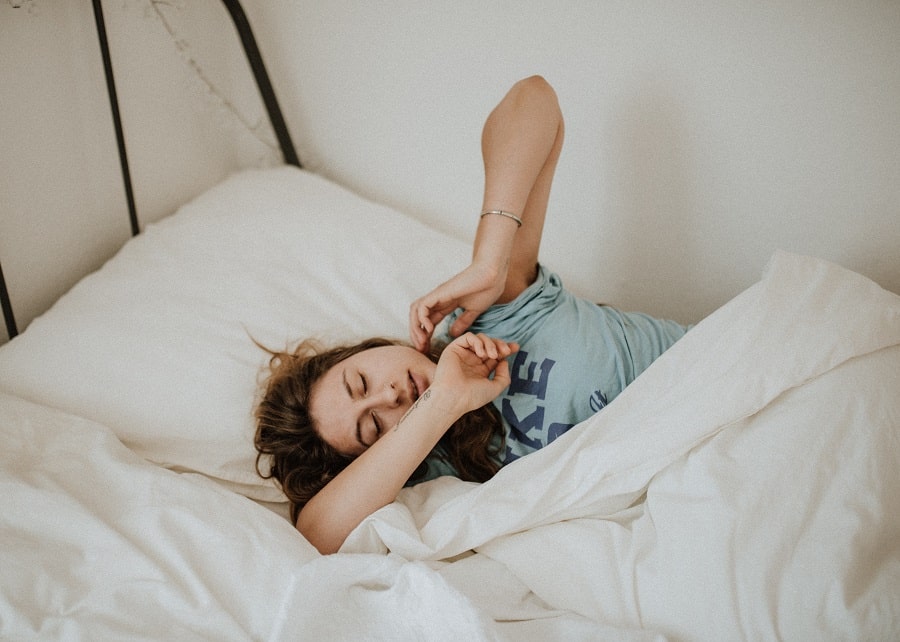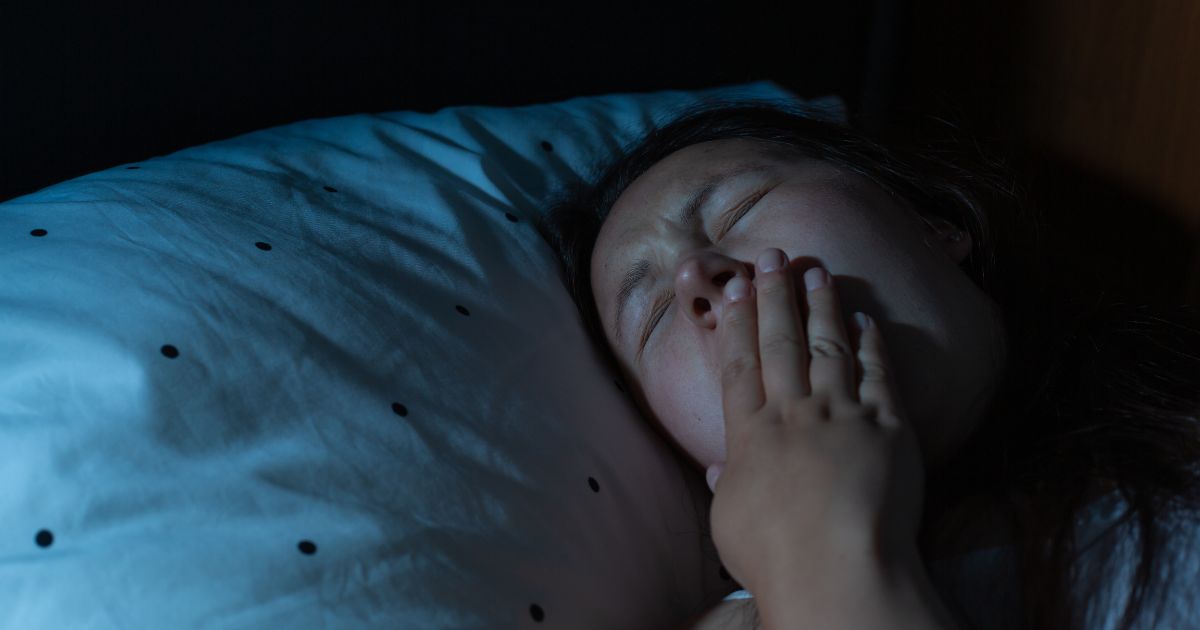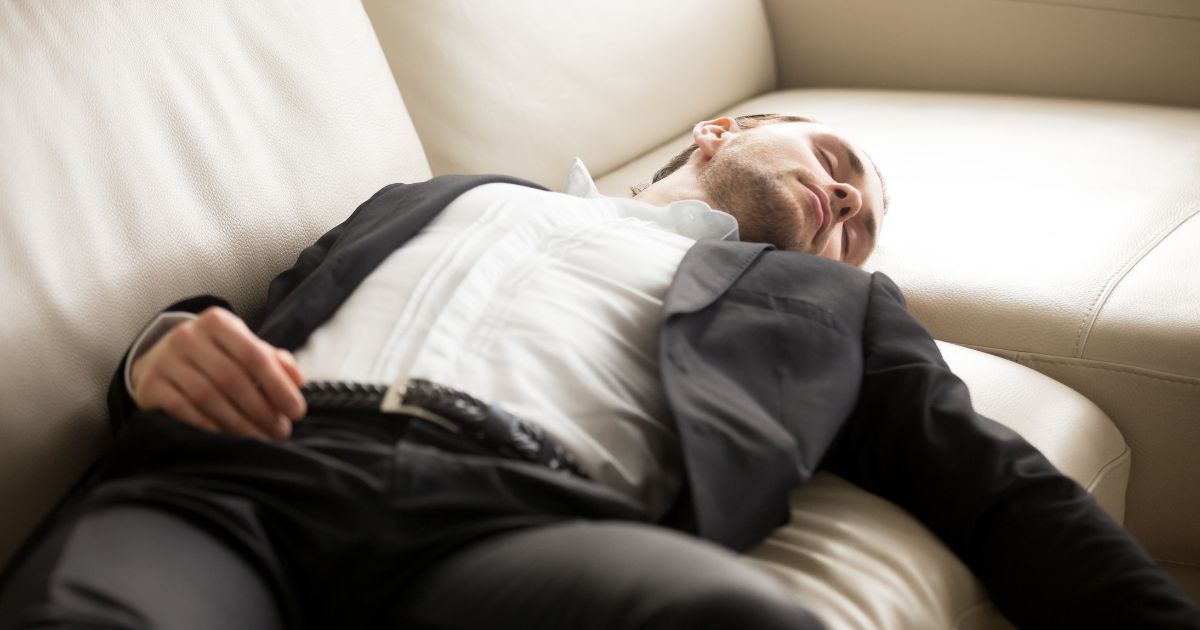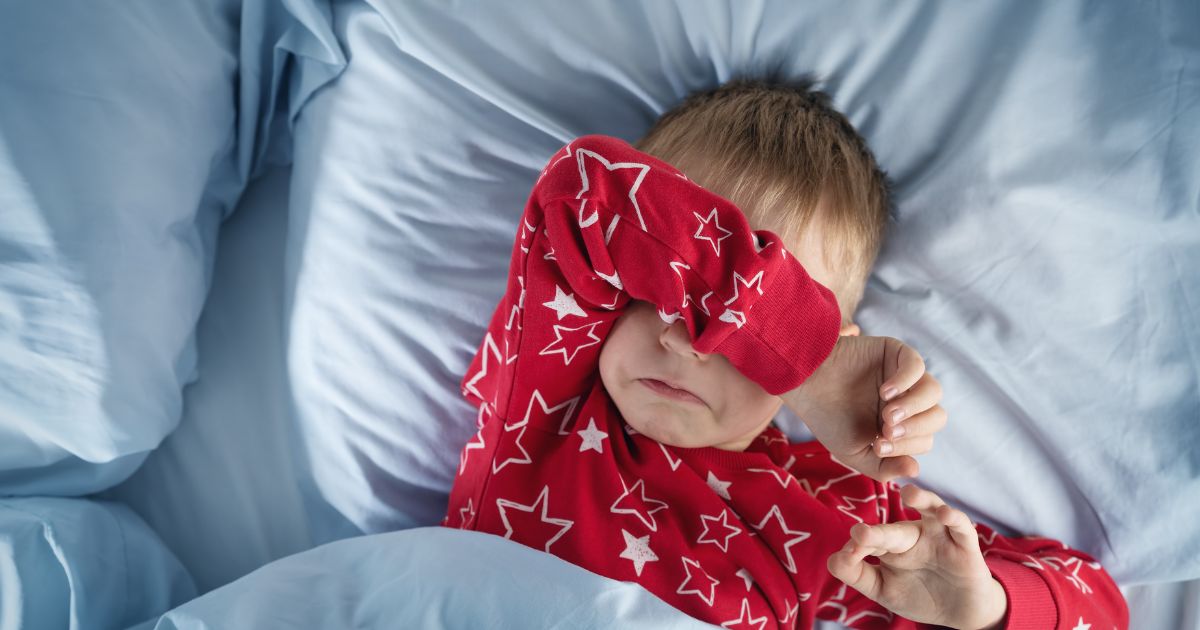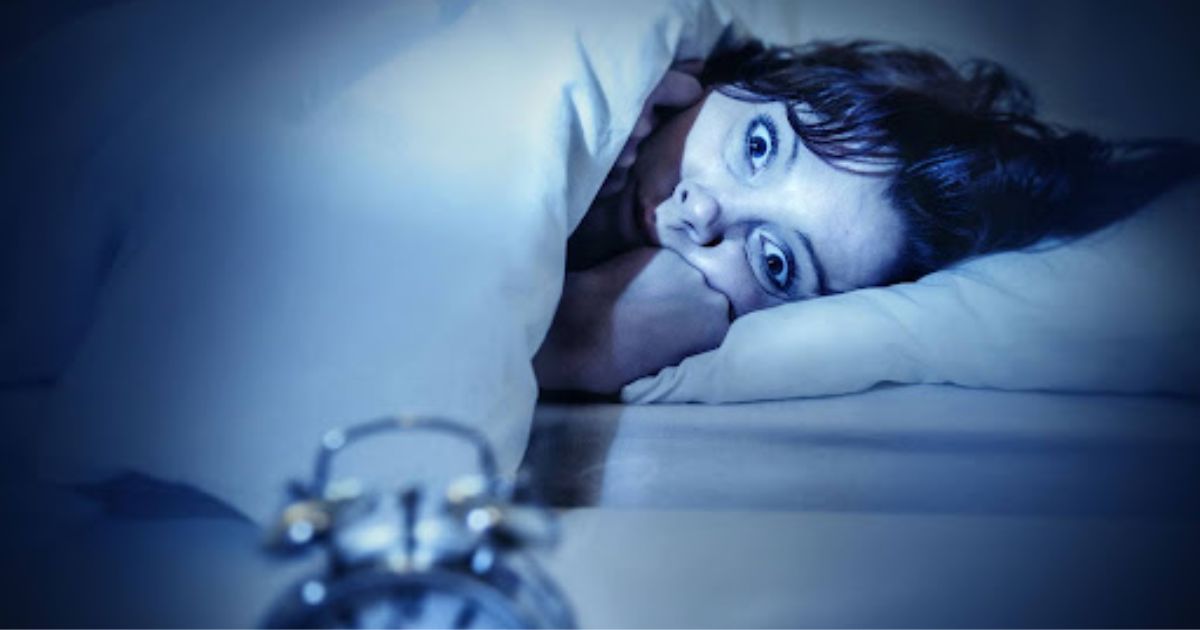Sleep myoclonus is a brief involuntary twitching of the muscles when you’re asleep. Most people are unaware of twitching in their sleep, but if the condition is severe enough, it may be disruptive enough to wake their spouse or interfere with their ability to achieve deep, restful sleep. Despite this, twitching in your sleep is a common experience, and most occurrences are harmless. Below, we’ll discuss what causes sleep myoclonus, and discuss some possible treatment options and tips for prevention.
What Causes Twitching When Sleeping?
At this point, researchers are not entirely sure of what causes myoclonus, but a growing body of evidence suggests it could be due to dopamine, which is a neurotransmitter that is involved in motor control.
What Are Some Keys for Treatment and Prevention?
Twitching in your sleep is considered relatively benign and does not require treatment unless it is disruptive to your sleep or quality of life. Still, options exist that might help lessen the severity of twitching during sleep:
- Exercise: Exercising during the day may make it less likely that your muscles will be as active when you are asleep, as stimulation from vigorous activity makes it less likely that your muscles will twitch. As a result, it can be helpful to schedule a workout or gentle physical activity (such as walking) during the day to help lessen the chances of twitching during sleep.
- Stimulants: Consuming caffeine, nicotine, or other drugs can also make excessive twitching while falling asleep more likely. Try and avoid caffeinated coffee or teas before bedtime, instead opting for decaffeinated alternatives.
- Muscle Relaxers: Most healthcare professionals prescribe muscle relaxers for the treatment of myoclonus. Medications such as Clonazepam or other Benzodiazepines are central nervous system (CNS) depressants. They act by relaxing the muscle and inhibiting contractions, which relieves twitching during sleep.
Jacksonville Sleep Center
It’s important for patients to realize that twitching in your sleep is common, and experiencing it is in no way indicative of a health or sleep problem. It is, however, important to talk with your physician if you are experiencing excessive twitching that regularly affects your sleep or quality of life. At the Jacksonville Sleep Center, we enjoy empowering our patients across the Jacksonville community by giving them the information they need for achieving better sleep, while also offering the latest options for sleep disorder diagnosis, assessment, and treatment. If you suspect you are experiencing bothersome twitching in your sleep, our physicians and team of specialists would love to see how we can help. Contact us today to learn more and set up an appointment!

